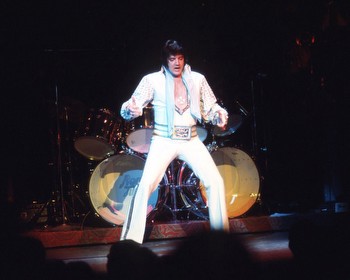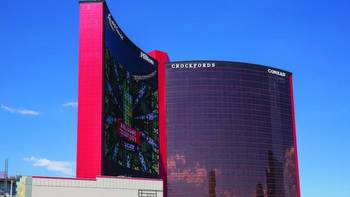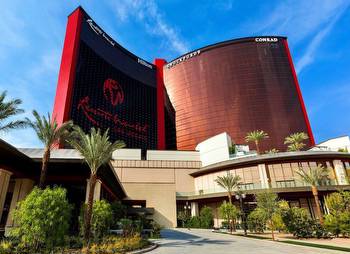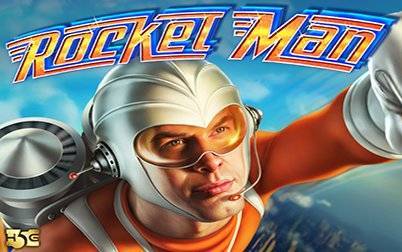Resort World Las Vegas greets guests with robotic puppies
Resort World Las Vegas, the most technologically-advanced resort in the city, is now home to celebrities Sinatra, Stardust, and Elvis — this time in robotic puppy form.
Luxury hotels demand luxury experiences, and in a city that prides itself on the latest in high-tech entertainment, a mash-up of adorable cuteness and AI (artificial intelligence) robotics is a natural fit.
When guests step into the lobby of the Conrad Las Vegas hotel, they will be greeted by Sinatra, Stardust, and Elvis, three AI-powered pups with lifelike, expressive appearances that beg for a pat on the head or a scratch behind the ears.
Sleek and loveable, they are part of the Aibo robotic dog series designed and manufactured by Sony.
“This collaboration with Aibo furthers our commitment to integrate technology across the resort and brings a special experience to our guests,” said Scott Sibella, president of Resorts World Las Vegas. “As we continue to explore a variety of tech-forward offerings for the property, we were excited to learn about this advanced AI technology and knew it would be a fun added touch for our guests. We can’t wait to see the joy these robotic puppies bring to our visitors as they arrive to our Conrad Las Vegas lobby.”
Sony Aibo’s first robotic dog, the ERS-110, launched on June 1, 1999, with just 3,000 available in Japan and 2,000 available in the U.S. It ended its run in 2001, and was followed by the ERS-210 (2001-2003), the rare ERS-Macron (2001-2003), and the ERS-7 (2001-2005).
The newest incarnation of puppies were build using Sony’s latest cutting-edge technology, and feature hundreds of captivating combinations of eye, ear, and tail movements, as well as different vocal sounds. They have their own custom-built playpens, adding to the atmosphere of fun.
A range of sensors and actuators make adaptable behavior possible, and the puppies will learn new behaviors through everyday interactions with guests. Over time, they will develop their own unique personalities, thanks to Sony’s “deep learning AI technology.”
































